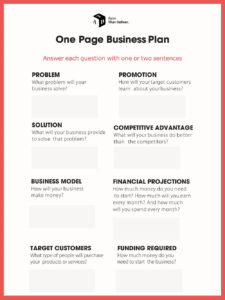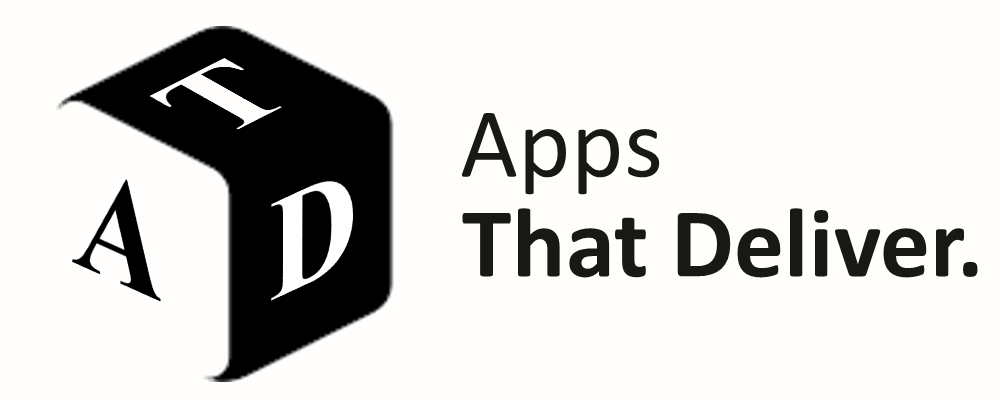Although Utah may not yet be considered an epicenter of small business, the Beehive State is rapidly becoming a destination for those who run their own companies. Opportunity abounds in this small but sparsely populated state, with a population of under three million.
To put it in perspective, Forbes listed Utah as the third-best state for business in 2019. Many factors contribute to this, including the well-trained workforce, supportive regulatory framework, and favorable economic development prospects.
Utah takes pride in creating a suitable home for entrepreneurs and creatives. If you’re considering establishing a small business, you may realize that Utah’s entrepreneurial spirit, stunning landscapes, and friendly population are just what your business requires to thrive.
Complete Guide: How to Start a Painting Business
How To Start A Painting Business In Utah
- Getting Started
- Write a Business Plan
- Determine your business’ legal structure
- How to Register your Painting Business Name in Utah
- Employer Identification Number (EIN)
- Open a Business Checking Account
- Get Liability Insurance
- Get Health Insurance
- Final Thoughts
Getting Started
Even though starting a painting business in Utah doesn’t need to be difficult, there are a few factors you’ll need to be aware of before getting started. In addition to helping you through the process of establishing your business, we’ll be sure to assist you to get the right insurance and licenses as well.
Write a Business Plan
A business plan can assist management in running, structuring, and growing the company. Regardless of your company’s sector or the kind of business you’re in, a well-executed business plan may assist you and your team throughout the development process, giving you and your investors more confidence.
Without industry and commercial understanding, business plans won’t be completed.

Create a One-Page Business Plan
You should be able to complete your one-page business plan in less than 20 minutes. It’s super-simple: Print our free PDF template and write down one to two sentences to the questions in the free template below:
Download template: PDF
Determine your business legal structure
Having chosen the legal structure to use for your firm, one of the most crucial decisions you will make is the kind of business entity you create. This decision will have a huge influence on your tax burden, your personal liability, and your capacity to secure financing.
The four most prevalent and fundamental types of business legal structures in the United States are as follows:
- Sole Proprietorship
- Partnership
- Corporation
- Limited Liability Company or an LLC
Sole Proprietorship
One of the easiest entities to establish and maintain is a sole proprietorship. If you have no plans to develop your firm, consider this company structure. When you manage a sole proprietorship, you may record business costs and earnings on your personal income tax return. To clarify, a single proprietorship is not a separate legal entity.
Partnership
A partnership is formed when two or more individuals agree to share in the business’s earnings or losses. A significant advantage is that the partnership is not taxed on earnings or losses—earnings and losses are “passed through” to partners for inclusion on their individual income tax returns. A significant downside is liability—each partner is personally accountable for the business’s financial commitments.
Corporation
A business entity, such as a corporation, has a separate legal entity distinct from its owners. It is time-consuming and costly to set up, and owners must also adhere to additional tax restrictions and requirements. Because of the multitude of state regulations and registration requirements, many firms prefer to use attorneys to monitor the registration process and to guarantee that the company stays within the guidelines established by the state.
There are, however, disadvantages: it is more difficult to organize a corporation, more expensive to found a business, and the owners are subject to stricter regulations, such as meetings, voting, and the election of directors.
Limited Liability Company or an LLC
An LLC has the best of both worlds It is taxed like a sole proprietorship, but with similar liability protections to those granted to shareholders of a corporation.
For an LLC, you can utilize your losses to offset your income. The maximum amount you may offset, however, is your investment. The owner’s personal assets are better protected if the firm enters bankruptcy, although this protection is quite limited.
Additional taxes distinct from its member(s)/owners may be applied to LLCs.
How to Register your Painting Business Name in Utah
Entrepreneurs in Utah have a variety of alternatives for establishing and funding their new venture.
Once you’ve concluded that your company concept is viable, you’ll need to register it with the state. This enables you to secure your business name from unauthorized use and shields your personal assets from company duties and debts.
Employer Identification Number (EIN)
An Employer Identification Number (EIN) is a nine-digit number issued by the Internal Revenue Service (IRS) and used by the IRS to identify businesses and other legal organizations. An EIN is used to carry out actions that would otherwise need a Social Security Number (SSN).
Most firms must obtain an EIN since the IRS uses rules in assessing if an EIN is required. EINs are crucial since they serve as legal and financial documents for starting your firm.
EINs are necessary once you begin your business. You can wait until you have opened a business bank account in the state where you will be doing business, but you must first obtain an EIN before doing so.
According to the IRS, your firm must have an EIN if it meets the following criteria:
- Your business employs individuals.
- Your enterprise is either a partnership or a corporation.
- You have filed or are about to file tax returns for one or more of the following: tobacco, alcohol, guns, employment, and excise
- You withhold taxes from non-resident aliens’ earnings.
Open a Business Checking Account
To help ensure the stability of your firm, having a business checking account over a personal or savings account is vital.
A business checking account serves as a distinction between your business and personal finances. It’s easy to keep track of personal and business expenses when you intermingle your expenditures. Each quarter, you’ll spend hours sorting through your business expenses from your personal expenses. There’s also the possibility that you will be required to pay an accountant or bookkeeper an additional amount for the time they spend conducting this dreadful task.
One of the reasons a business bank account gives you more visibility into your organization is because of its dedicated nature. In other words, you know exactly how much money your business has on hand because you know how your personal transactions and deposits impact the total, not just a mash-up of how you think your firm is performing right now plus or minus your various business expenditures.
Freebie: Business Card Templates for Painting Contractors
Get Liability Insurance
As part of your company insurance policy, you should have general liability coverage to lessen the danger of losing your firm in the event of an accident. Many organizations consider this coverage one of the most critical components of their company insurance because it is essential for all industries.
Even if you can show that your firm had nothing to do with the accident, there is still a potential you will be held liable for the resulting losses. While business liability insurance may cover bodily harm, property damage, medical bills, and personal injury, it does not cover injury caused by malpractice.
Get Health Insurance
Numerous insurance service providers manage cheap small business health insurance for owners and employees. Businesses with as few as one employee can give health insurance benefits comparable to those offered by large corporations. Indeed, the most affordable health insurance for small businesses is frequently provided through human resource and payroll service providers.
In most states, except Hawaii, providing health insurance to your employees is optional if your business has less than 50 employees.
Offering health insurance, even if your business is small, gives you an advantage because it enables you to hire people who would otherwise seek employment with a larger company offering better benefits.
Final Thoughts
We hope you’ve discovered all of the answers to your “How to Start a Painting Business in Utah” questions. Bear in mind that beginning a business, especially one as simple as a painting business, is never easy.
You must win a person’s trust. You must treat their residence/office with the same level of attention as you would your own. A superior service will encourage repeat business, boost your company’s appeal, and promote confidence. All of this is feasible when a high-quality product, a knowledgeable team, and a reasonable service cost are used.


